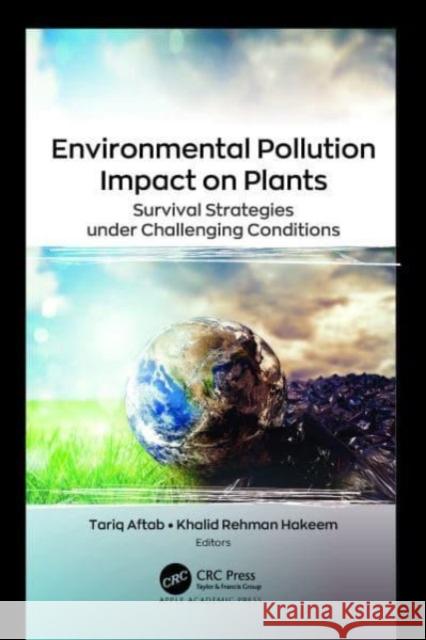Environmental Pollution Impact on Plants: Survival Strategies under Challenging Conditions » książka
Environmental Pollution Impact on Plants: Survival Strategies under Challenging Conditions
ISBN-13: 9781774911242 / Angielski / Twarda / 2023 / 276 str.
Studies the impact and management of pollution on plants, resulting in plant abiotic stress physiology, reduces growth due to alterations in biochemical and physiological processes. It details harm to plants caused primarily by heavy metal contamination in soils, using pesticides, and by air pollution.
This new volume studies the impact and management of environmental pollution on plants, often resulting in plant abiotic stress physiology, which causes reduction in growth due to alterations in biochemical and physiological processes, thus threatening food security, the ecosystem, and the plants themselves. This volume details the harm to plants caused primarily by heavy metal contamination in soils, by pesticides use, and by air pollution and presents several mitigation strategies as well.
Soils contaminated with heavy metals is a major challenge worldwide due to increase in anthropogenic and geologic activities. Despite the effectiveness of pesticides in preventing pest invasions and yield decline, pesticides and other air pollutants cause biochemical changes that can instigate leaf damage, stomatal impairment, early senescence, decrease in photosynthetic efficiency, interruption of membrane perviousness, and decrease of growth and yield in sensitive plant types.
Chapters in this volume address these issues. Topics include the antioxidant, photosynthesis, and growth characteristics of plants grown in polluted soils; the benefits and hazards of pesticides; microbe-assisted bioremediation and biotechnological advances for plant pollution control; genetically modified plants and their potential resistance to environmental pollution; and more.











